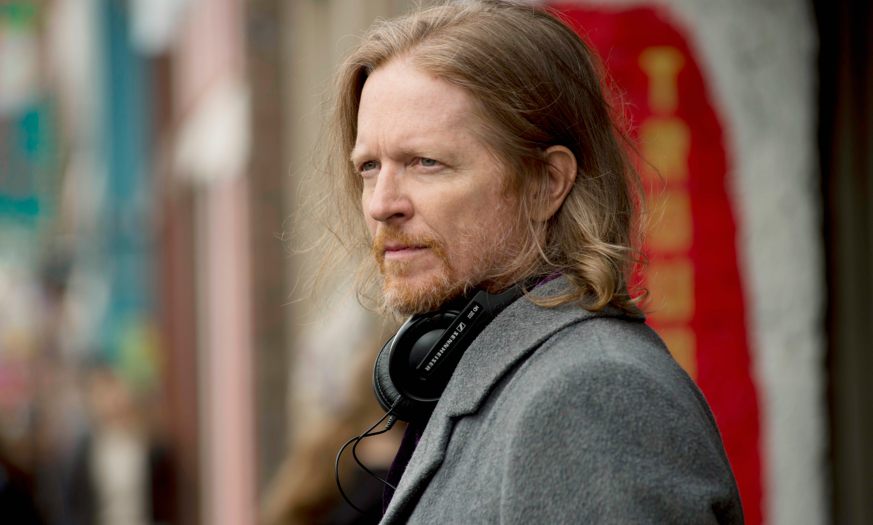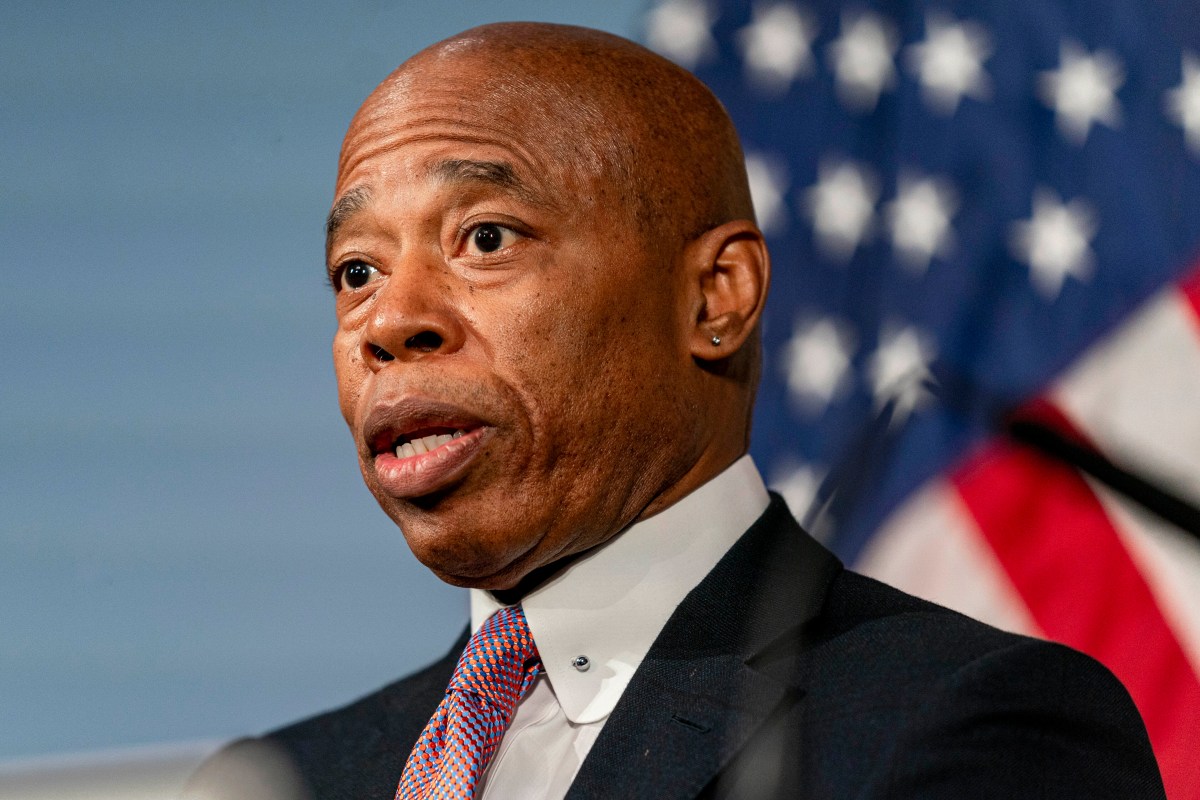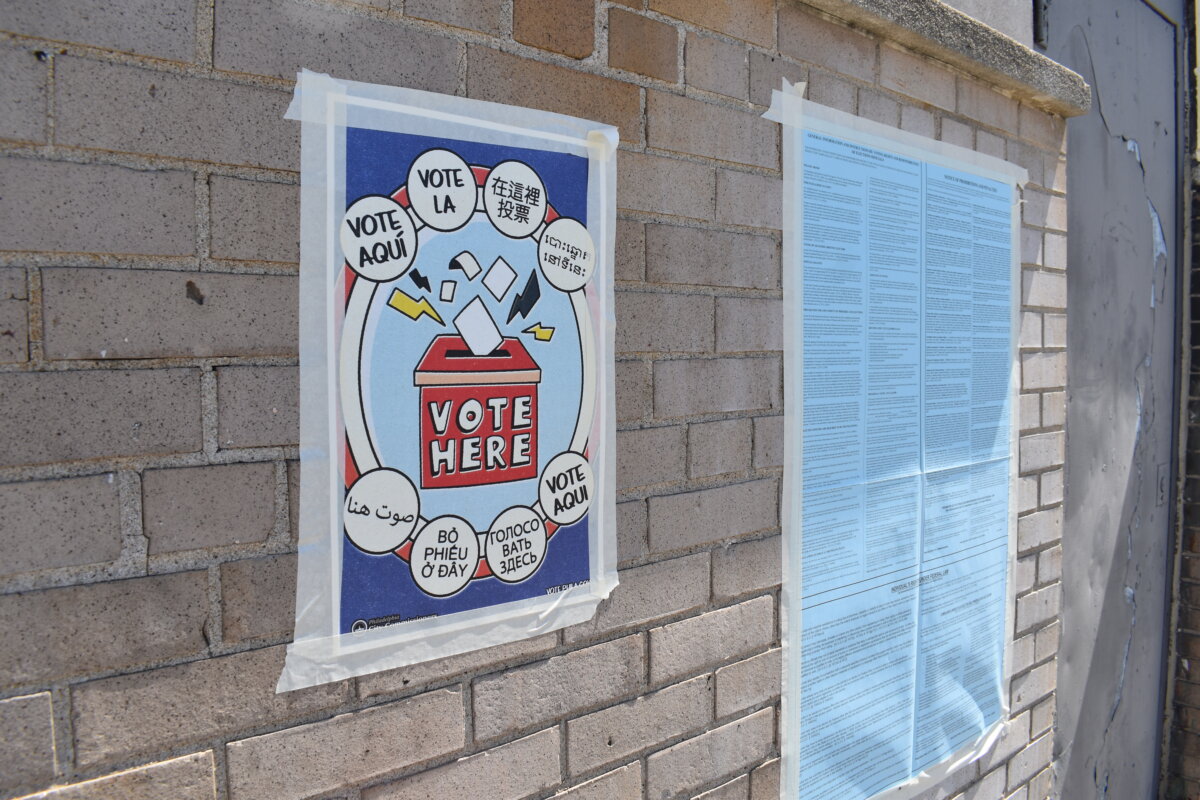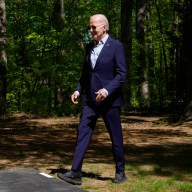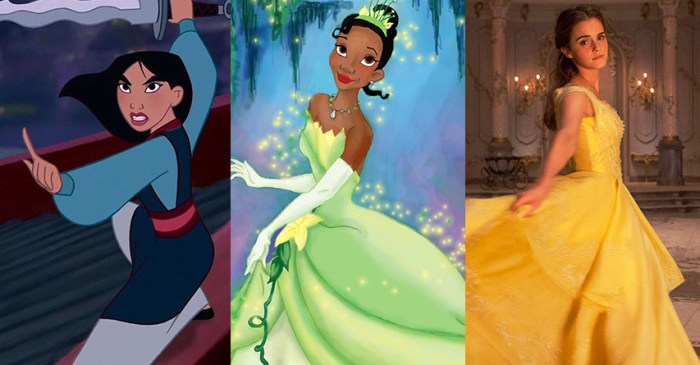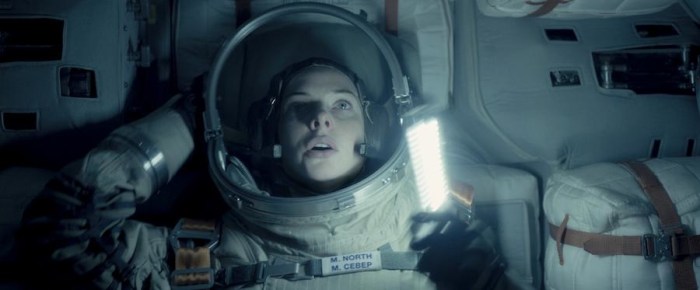Even if you’re not a child of the ‘80s, you know Eric Stoltz’s work. Back then, he was the star of movies like “Mask” and “Some Kind of Wonderful,” a streak that continued into ’90s with films like “Pulp Fiction” and “Jerry Maguire.” (He was also famously cast as Marty McFly in “Back to the Future” but was replaced by Michael J. Fox just a week into production.)
In a way, the experience helped him find his true calling behind the camera. For the last 15 years, he’s helmed episodes of “Glee” and “How to Get Away with Murder.” His latest project finds him back in the movie world with “Class Rank,” a comedy about two high schoolers trying to take over the School Board out May 11 in theaters and On Demand.
Metro recently sat down with Stoltz to talk about transitioning from acting to directing, making a high school comedy and why he’s exactly where he wants to be.
How did you get involved in “Class Rank”?
I was sent a script out of the thin blue air by the producer Sandy Stern. Who just that week read an article that I had written about directing Glee and working with kids. He read that article and went, ‘Oh, I like that article. I think he’d be good for this film. I wonder if he’d like the script?’ He sent me the script, I read it in 3 hours, and was like, ‘I’d love to do this.’ It was very smart. It was very politically active in an unsuspecting way. It was very compassionate. I love all the characters, as odd and as gruff as they are. I felt compassion for all of them, and that’s a very rare quality in a script.
We now live in a fraught political climate, how did you approach that?
A lot of that is in the script. The script is smart and good and caring and interesting, and it helped that the actors involved were all extremely passionate about everything to do with the script. They all believed in the story. That’s the most help a director can help for. They all believe that it is possible for teenagers to take on the system. To try and run for office and take on the world. Whether they succeed or not remains to be seen in the film and in the world.
What do you want audiences to take away from the film?
I want young people to think, ‘Why don’t we run for office? Why don’t we try and change the world? Why don’t we try and con the system?’ And perhaps older people might think, ‘Why don’t we fall in love? And smoke a little pot? And lets guide the kids as best we can.’
The film is about finding your own voice, did you struggle with that?
I still don’t feel like I have achieved it. One of the reasons I loved the script was because I was such a dopy teenager. I had a terrible time of it. I was bright and loud and had bright red hair, I was completely social inept teenager. As most of us are. So this story about bright socially inept teenagers finding their voice and trying to change the world was clearly my fantasy of how I wish I had been.
Did acting help?
Sure, pretending to be other people helped me out in my life. I don’t know if its a very healthy way to exist in the world. But for a lot of us it gets us through the night and helps us to get to other things. I wouldn’t trade those years of acting for the world. I am a much better director than I was as an actor.
Do you see yourself as an actor?
I don’t really see myself as an actor anymore. Some people would argue that I never really was. I think of myself as a director at this point. I do enjoy acting. But honestly I rarely look back at anything I have done in the past. I am too busy and interested in what is happening right now to care.
How was the transition from acting to directing?
Well, I will tell you, in all of the years I was acting I can count on one hand the directors that actually spoke a language of acting that was helpful. Most of them were very technically adept. But were kind of afraid to talk to the actors. Anything the actors did kind of scare them. So one thing I try to bring when I direct is extreme patience and the facility to speak the very different languages that actors need to speak in order to help them bring themselves to the role. To me that’s the most important thing. If you don’t have an emotional heart to a story you are not going to care about the story.

